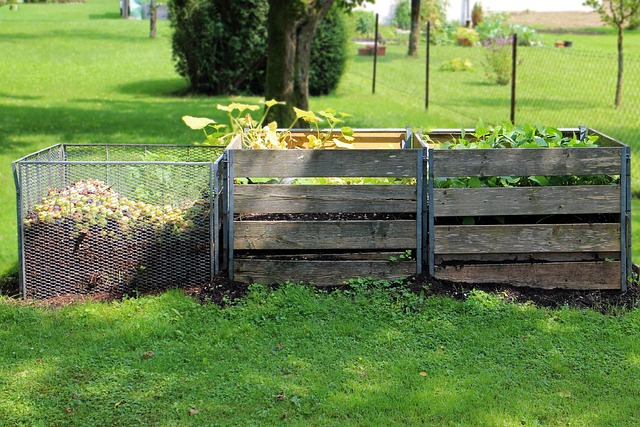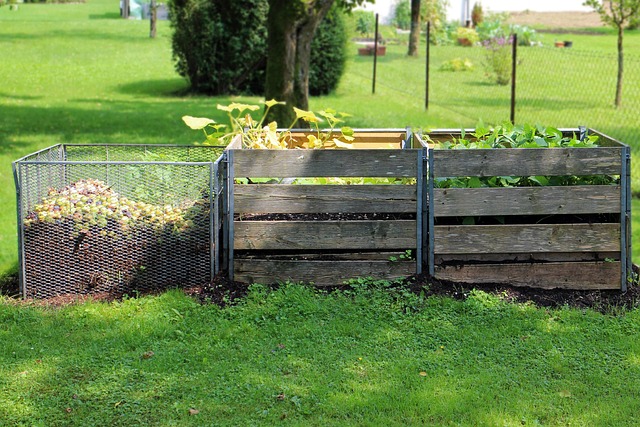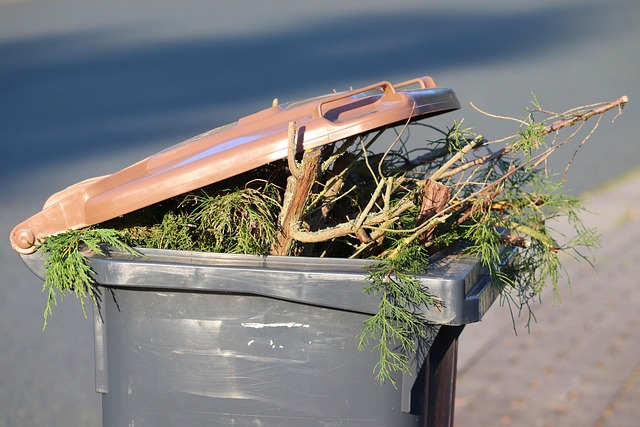Embracing Nature’s Helpers: The Benefits of Worm Composting
In our ever-evolving journey towards a greener planet, the need for sustainable gardening practices has never been more critical. One of the most effective and eco-friendly methods gaining popularity among gardening enthusiasts is worm composting. This humble yet powerful practice not only enriches our gardens but also nurtures our environment, making it an essential component for eco-conscious individuals.
What is Worm Compost?
Worm compost, often referred to as vermicompost, is the nutrient-rich organic matter produced by the decomposition of food scraps and carbon-rich materials by earthworms. These tiny workers play a significant role in nature’s recycling process, transforming waste into a valuable resource. The result is a dark, crumbly substance loaded with nutrients and beneficial microorganisms that can enhance soil quality.
The Environmental Benefits of Worm Compost
Utilizing worm compost in your garden significantly reduces landfill waste, as it encourages the composting of food scraps that would otherwise contribute to methane emissions. By turning kitchen waste into nutrient-rich compost, we’re not just keeping our landfills less crowded, but also reducing our carbon footprint.
Additionally, worm composting requires less energy compared to traditional composting methods. Unlike other composting processes that might require turning and maintaining piles, vermicomposting operates quietly and efficiently in a contained environment, making it an eco-friendly choice that harmonizes with nature.
Enhancing Your Garden Naturally
Incorporating worm compost into your gardening routine can lead to a healthier and more fertile soil. The nutrients found in worm compost, including nitrogen, phosphorus, and potassium, are crucial for plant growth. Unlike chemical fertilizers, which can leach into waterways causing pollution, worm compost nourishes the soil over time, providing plants with a sustainable nutrient source.
Moreover, worm compost improves soil structure, enhancing its ability to retain moisture and air, which is essential for robust root systems. This means your plants will be less reliant on watered irrigation, effectively conserving water and promoting a more resilient garden.
How to Start Your Own Worm Composting
Getting started with worm composting is easy and can be done even in small spaces. You’ll need a bin, some bedding material (like shredded newspaper or coconut coir), and, of course, your worms! Red wigglers are commonly used for this purpose due to their voracious appetite for organic waste.
Once your bin is set up, you can feed your worms a variety of kitchen scraps such as vegetable peels, fruit scraps, and coffee grounds. In return, they will produce rich worm compost that you can mix into your garden bed, potting soil, or around your plants, thus integrating nature’s perfect fertilizer into your gardening practice.
Connecting with Nature
Embracing worm composting is more than just a sustainable gardening technique; it’s an opportunity to connect with nature and its intricate ecosystems. Each handful of worm compost is a testament to the industrious work that takes place beneath the surface, fostering a sense of gratitude for life’s cycles and our role within them.
By adopting worm composting in your garden, you’re not only enhancing your own green space but also contributing to the health of the planet. Together, we can create thriving ecosystems that benefit both our gardens and the environment, one worm at a time.



